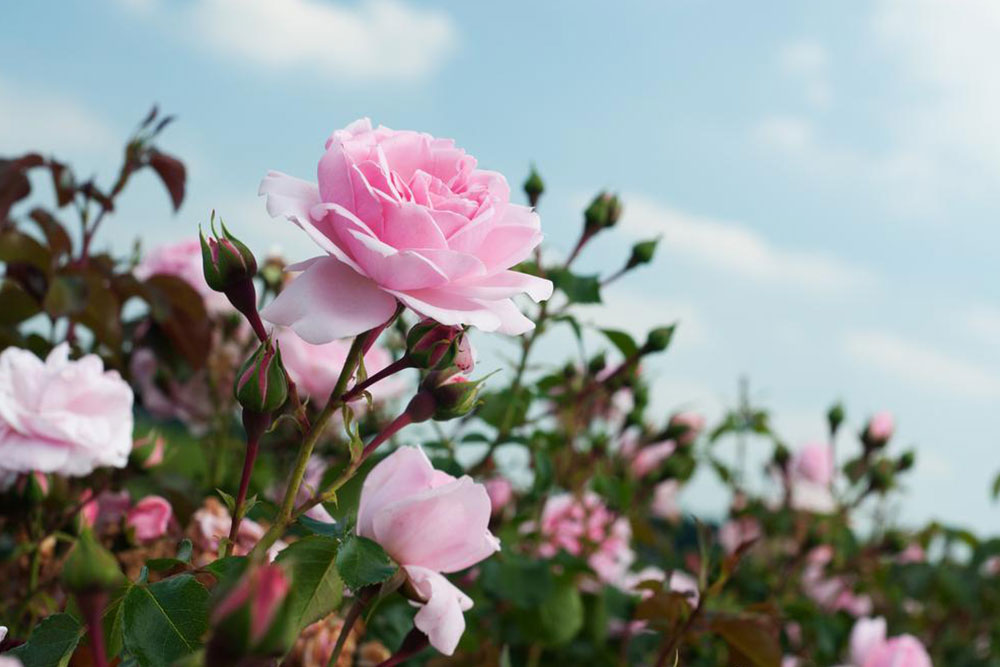Right way to prune your rose bushes
Roses interestingly grow in bushes and do not have a tree like structure like many other flower plants. There is no main thick trunk with stems. By pruning, you encourage new growth and shape the plant along with removing dead wood. It also improves the air circulation of the bush.
Right time to prune a rose bush
In roses, you need to determine the hardiness zone it is growing in.

However, there is no fixed season you should prune, but the best time to prune your roses is when your florysthia begins to bloom. If you have florysthia in your garden, pruning roses becomes easy for you as you know when to prune them.
If you do know have a florysthia plant in your garden or home, you can observe the rose plant closely and prune when you see the bud are swelling as it is an indication that the bush is ready to be pruned.
Right way to prune roses
When you start with pruning, use the right tool and make sure they have been sterilized before you cut the stems and prune the bush. Blades should be sharp for an easy cut.
The cut that you make should be at 45° angle. This helps the wound draining water, prevents the wound from getting infected and also molds the new growth.
You might want to seal the cut using paint or glue. Though this is not absolutely necessary but can be practiced as it keeps the pests from entering from the wound.
If you see the canes that are dead, remove them from one inch above their buds.
Look out for weeds around your rose bush and remove them from the roots when you notice them. They suck out all the essential nutrients from the rose bush roots.
Canes that are too thin and cross grown also need to be removed while pruning. You may also prune the healthy canes that are remaining to shape your bush.
The blossoms that had grown well but are now dying or fading must be removed.















